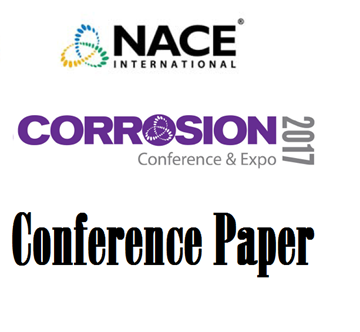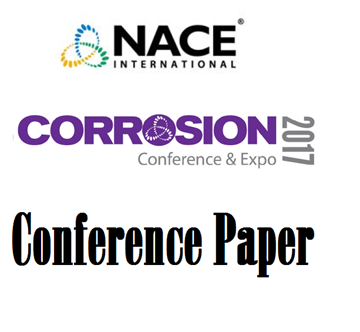Search
09257 Possible Corrosion Aspects from the Use of Alternative Fuels
Also Purchased
Materials Compatibility Issues in Biofuels – A Review
Product Number:
51317-10039-SG
ISBN:
0039 2017 CP
Publication Date:
2017
$20.00
Evaluation of the Resistance of Metallic Tank Materials Under the Influence of Biofuels
Product Number:
51317--8854-SG
ISBN:
8854 2017 CP
Publication Date:
2017
$20.00
09264 Comparison of the Corrosion Behaviour of 9-12% Cr Steels in H2O, H2O-CO2 and H2O-CO2-O2
Product Number:
51300-09264-SG
ISBN:
09264 2009 CP
Publication Date:
2009
$20.00




